Upcoming Events
-
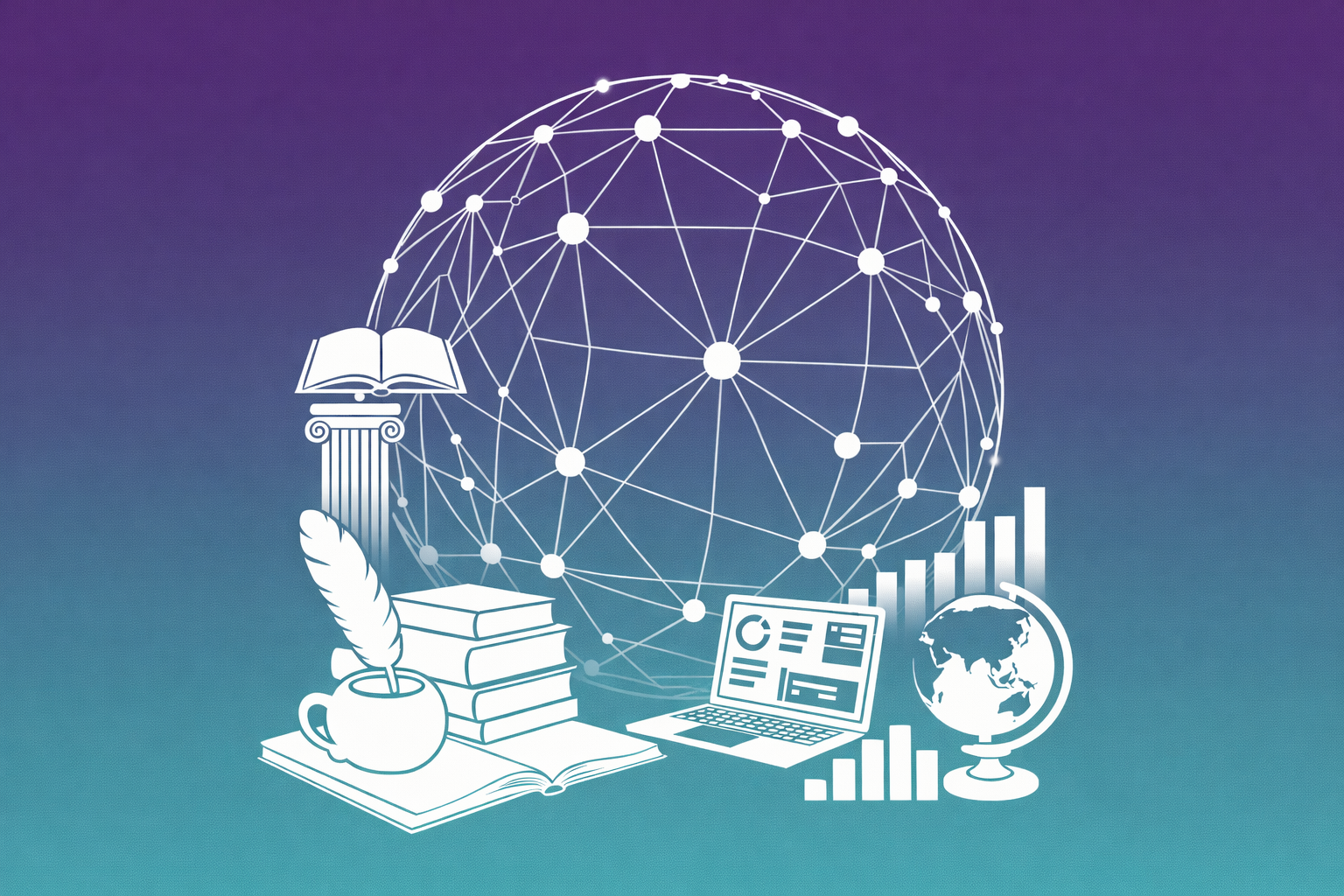
Understanding AI: A Practical Workshop for Humanities and Social Science Researchers (Day 2/2)
Artificial intelligence, large language models (LLMs), and machine learning (ML) are reshaping research across disciplines. This two-day workshop offers humanities and social science researchers a clear, accessible introduction to contemporary AI systems: what they are, how they differ from traditio... Continue reading →
-
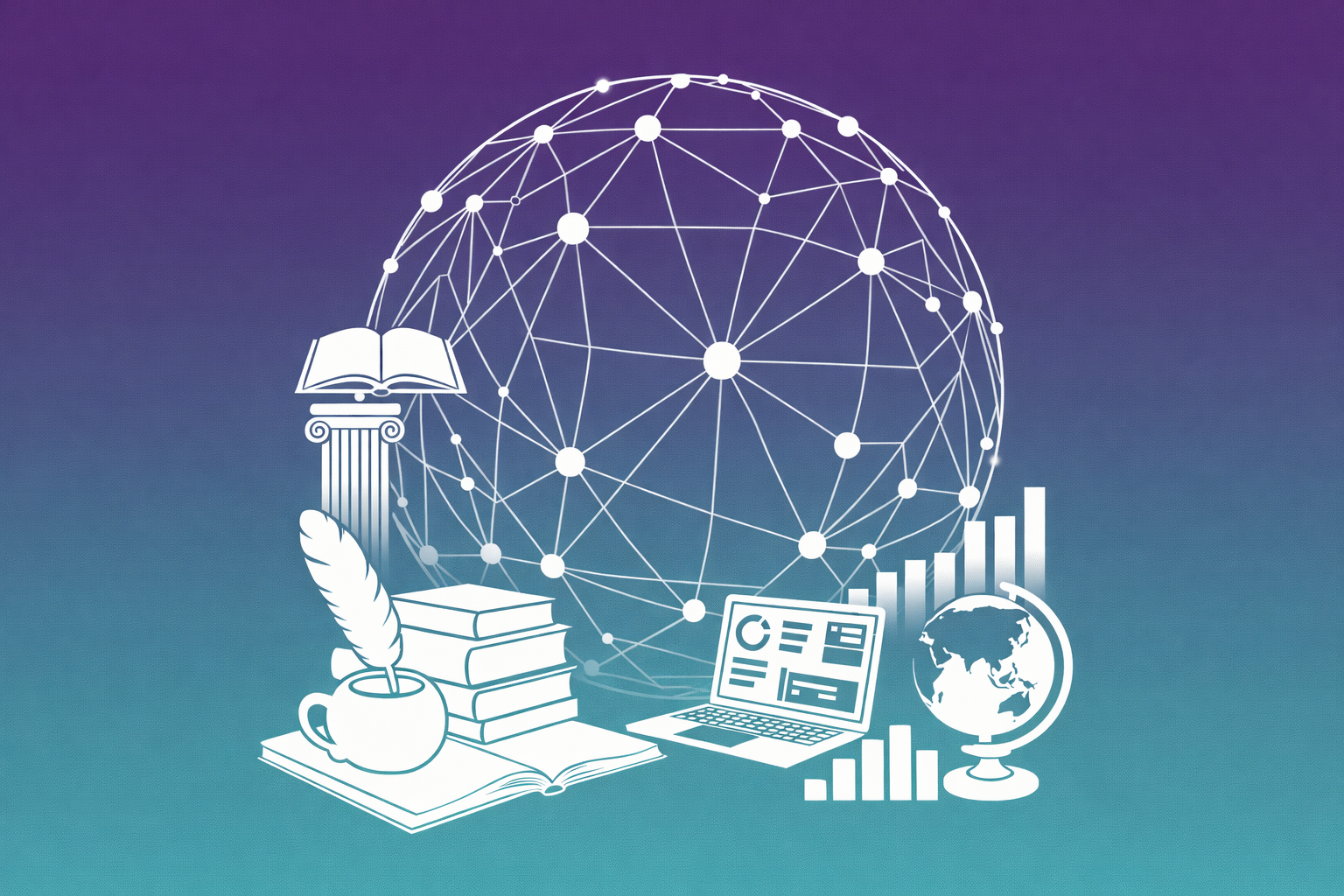
Understanding AI: A Practical Workshop for Humanities and Social Science Researchers (Day 1/2)
Artificial intelligence, large language models (LLMs), and machine learning (ML) are reshaping research across disciplines. This two-day workshop offers humanities and social science researchers a clear, accessible introduction to contemporary AI systems: what they are, how they differ from traditio... Continue reading →
Past Events
-
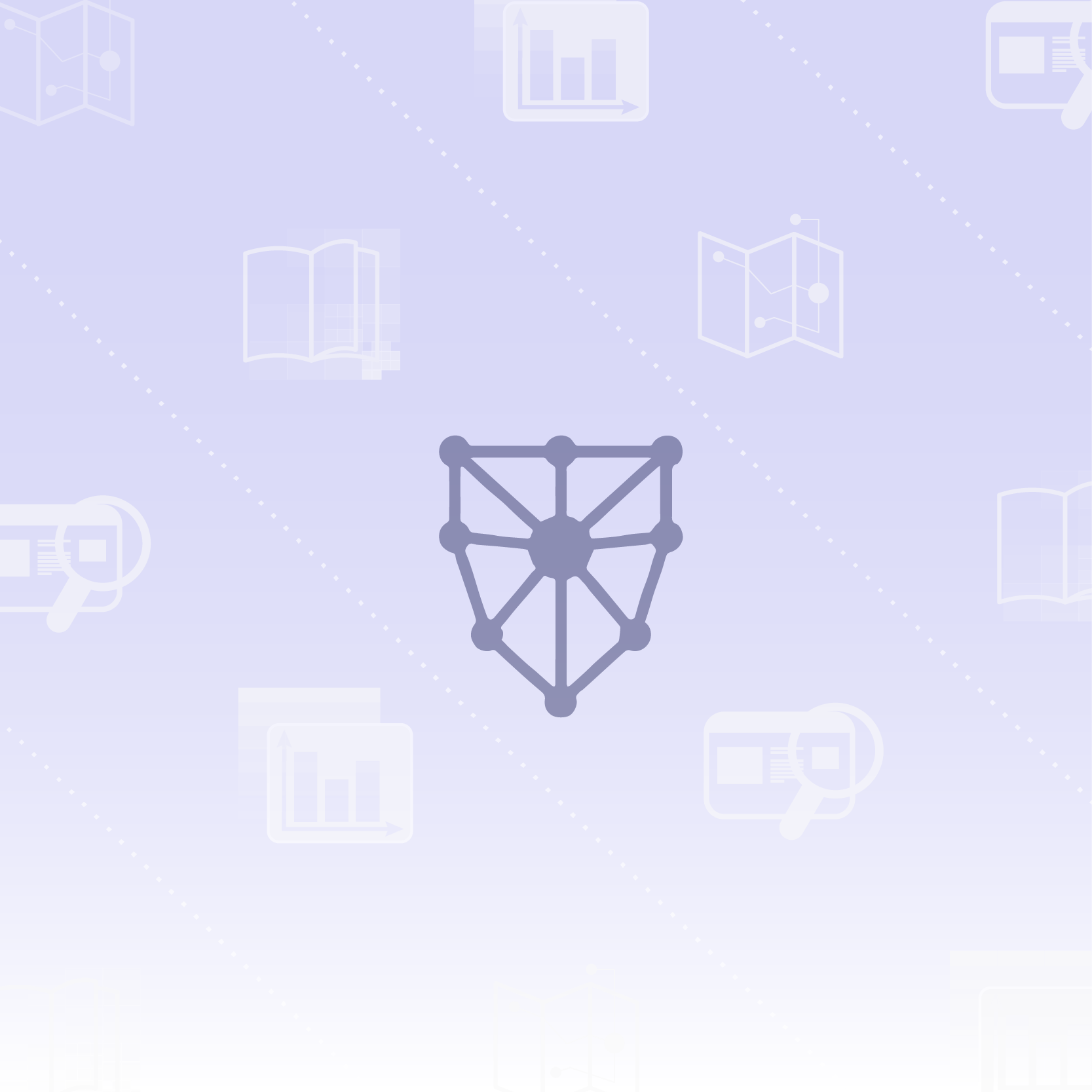
Dataverse Open Office Hours
Weekly virtual office hours are open to Harvard researchers and staff to provide support for Dataverse 5.0. Demo of 5.0 will begin promptly at 11am. Open Hours: Wednesdays, 11AM - 1PM RSVP required to: support@dataverse.org For any questions on how to share your data with Dataverse, contact: support... Continue reading →
-
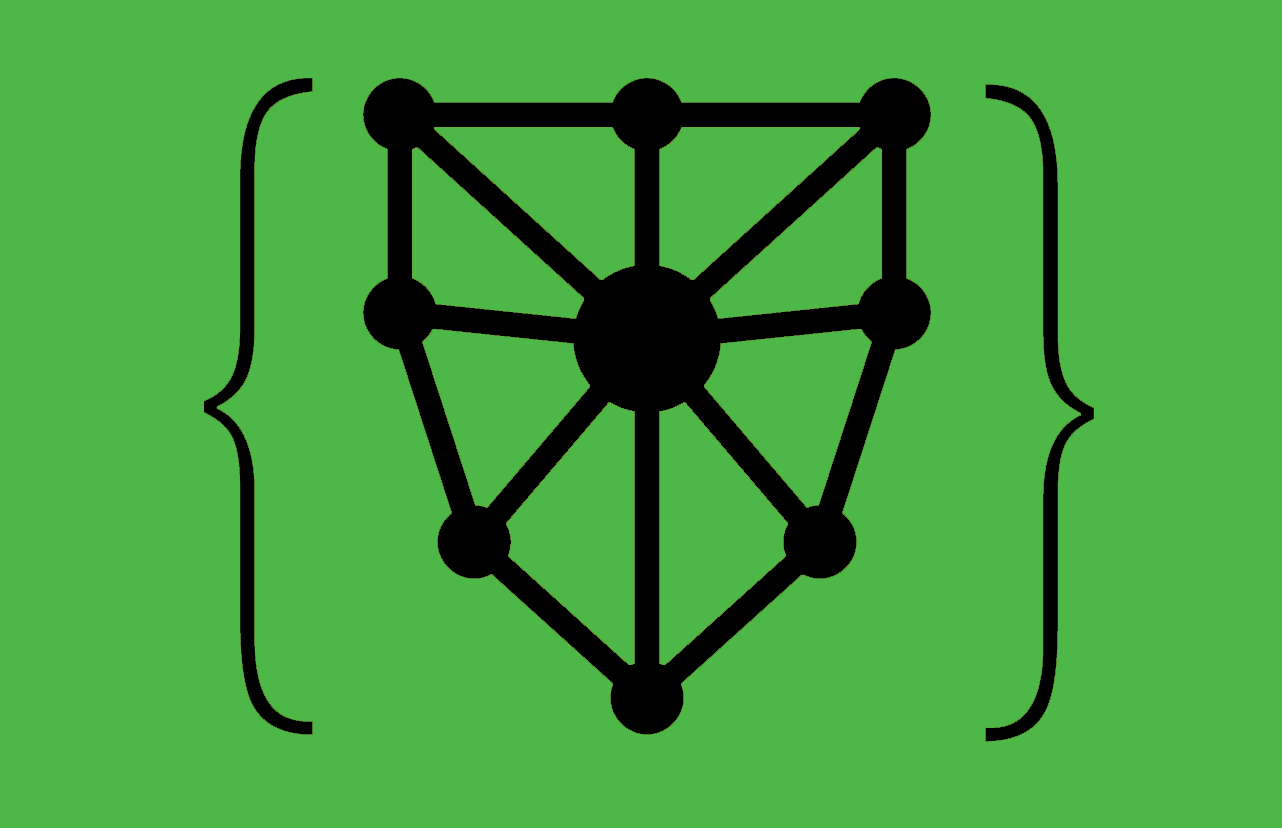
Digital Scholarship Office Hours
Do you have a digital scholarship project in mind but need some guidance on getting started with the research process? Drop in during Office Hours with questions and DSSG members will suggest tools, methodologies, and approaches that can benefit your work, and try to connect you with relevant resour... Continue reading →
-
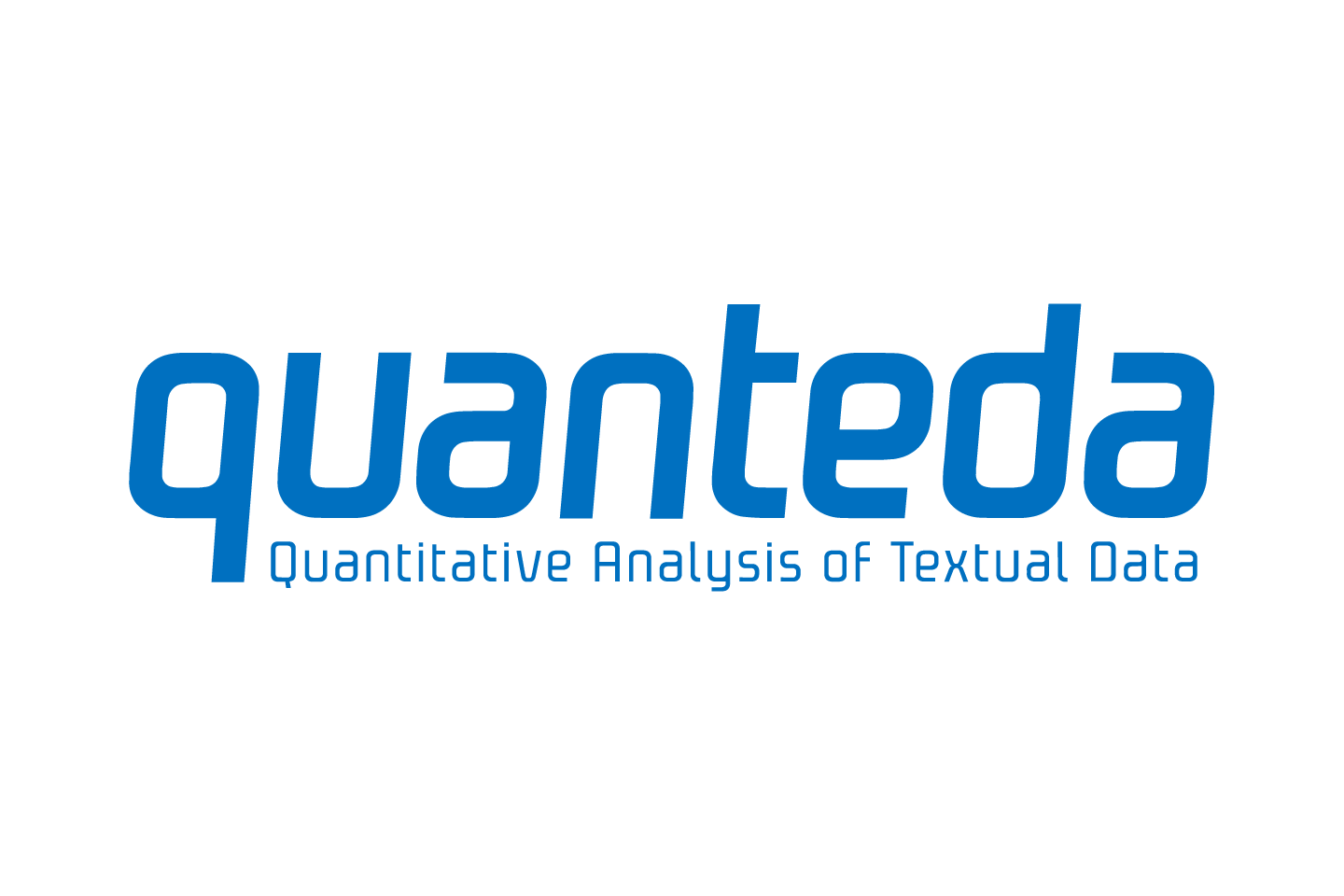
Text Analysis in R with Quanteda
Are you interested in using natural language processing or text analysis in your research? R is one of the most recommended languages for TA/NLP, partly because of an ecosystem of libraries designed to tackle common tasks such as corpus creation, cleaning and preprocessing, modeling, analysis, prese... Continue reading →
-

Scalar in the Classroom
Introducing multimedia assignments into a class for the first time can seem intimidating. In this workshop, we will help you remediate an existing assignment in Scalar, a free, open source authoring and publishing platform designed to make it easy for authors and instructors to create born-digital s... Continue reading →
-
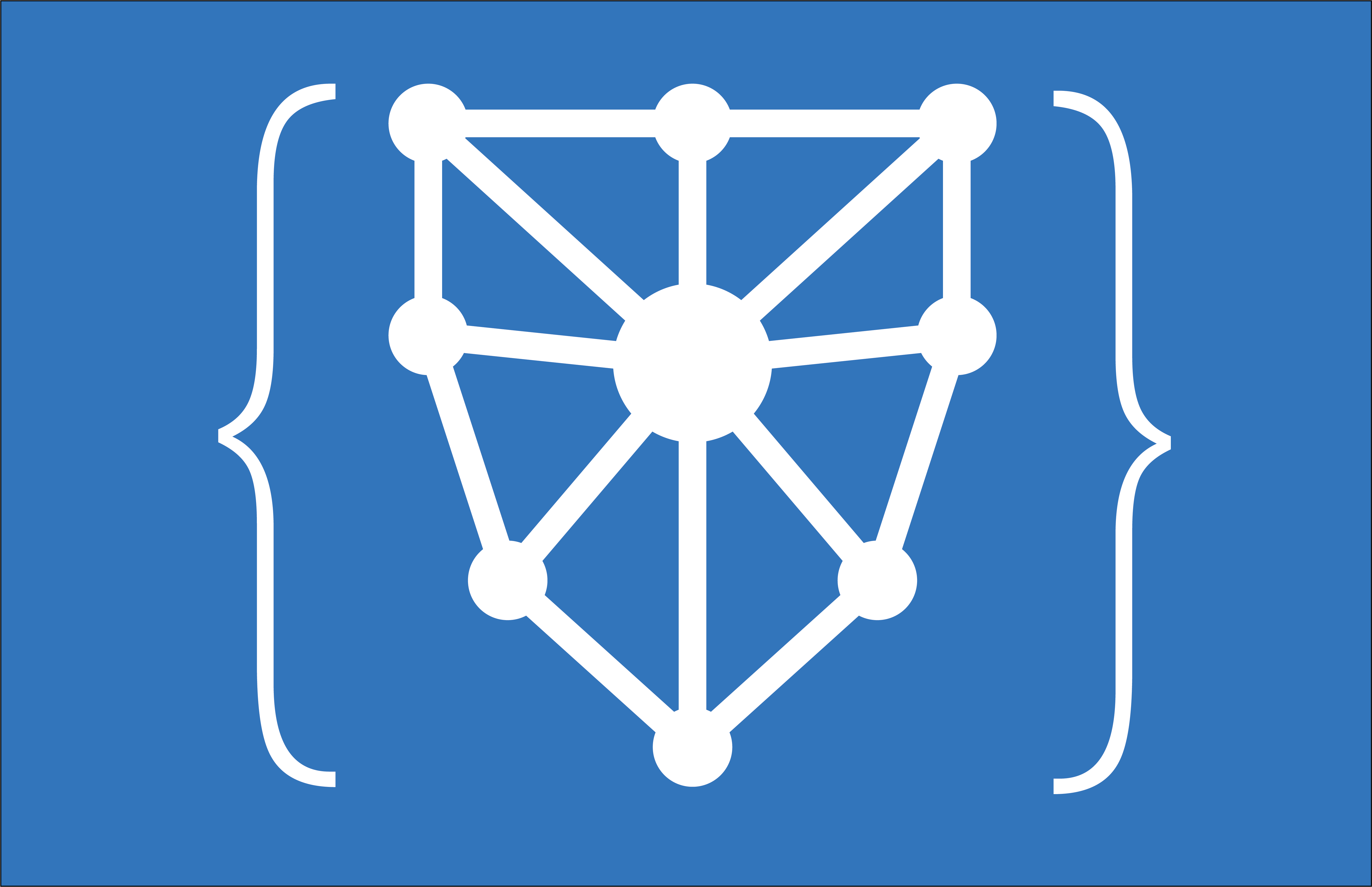
Supporting Digital Scholarship at Harvard
As demand for Digital scholarship (DS) projects grows more frequent across the disciplines, librarians are increasingly fielding requests for support for such projects. Even “traditional” research now often involves digital methods such as data wrangling, data visualization, digital editing or web p... Continue reading →
-

Identifying Digital Scholarship at Harvard
As demand for Digital scholarship (DS) projects grows more frequent across the disciplines, librarians are increasingly fielding requests for support for such projects. Even “traditional” research now often involves digital methods such as data visualization, digital editing or web publishing. Libra... Continue reading →
-

Visual Eloquence: A Participatory Workshop on Creating Effective Data Visualizations (Summer 2020)
Are you interested in using data visualizations to explore your data or as part of your research output, but unsure of where to start? Are you already using data viz, but want to learn to create more effective presentations with different applications or programming languages? Consider attending Vis... Continue reading →
-
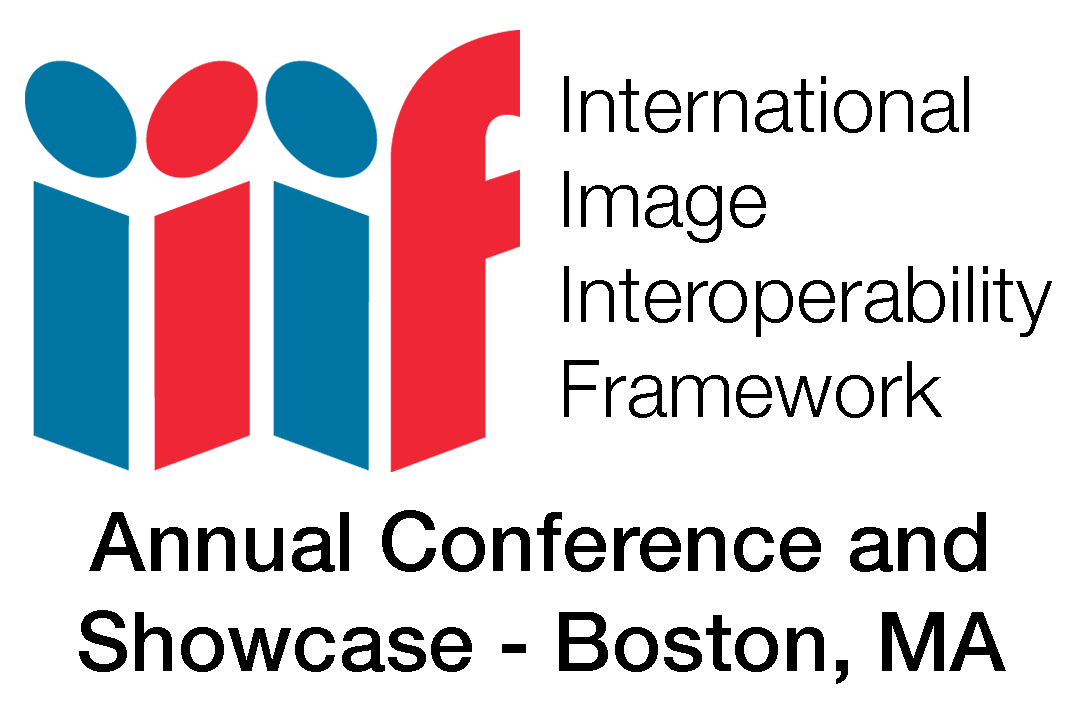
[Postponed] IIIF Annual Conference and Showcase
Given the global health concerns surrounding Covid-19, we have made the difficult decision to postpone the IIIF Annual Conference, scheduled to take place in Boston from June 1-4, 2020. We will communicate as soon as we can about when we expect to be able to hold this event safely. In the meantime, ... Continue reading →
-

Tidying Data with Google Sheets, OpenRefine, and Python (Remote Delivery)
[This workshop will be delivered via Zoom due to the COVID-19 pandemic] In his paper "Tidy Data," Hadley Wickham riffs on Tolstoy: "Like families, tidy datasets are all alike but every messy dataset is messy in its own way." When we spend 75% of our "analysis" time cleaning and preprocessing data, i... Continue reading →
-

Scalar in the Classroom (Remote Delivery)
Introducing multimedia assignments into a class for the first time can seem intimidating. In this workshop, we will help you remediate an existing assignment in Scalar, a free, open source authoring and publishing platform designed to make it easy for authors and instructors to create born-digital s... Continue reading →
About the Harvard Discovery Series
The Harvard Discovery Series brought scholars on the frontiers of digital knowledge-making to a Harvard audience in an intimate and interactive setting. From an archaeologist reconstructing tombs in virtual reality, to scholars challenging power differentials through data feminism, to a quantum astrochemist using high-performance computing to search for life among the stars, these presentations of disparate topics demonstrated the unifying potential of digital methods and tools in scholarly and pedagogical pursuits. The series went online in 2020 and was sunset in 2022.
